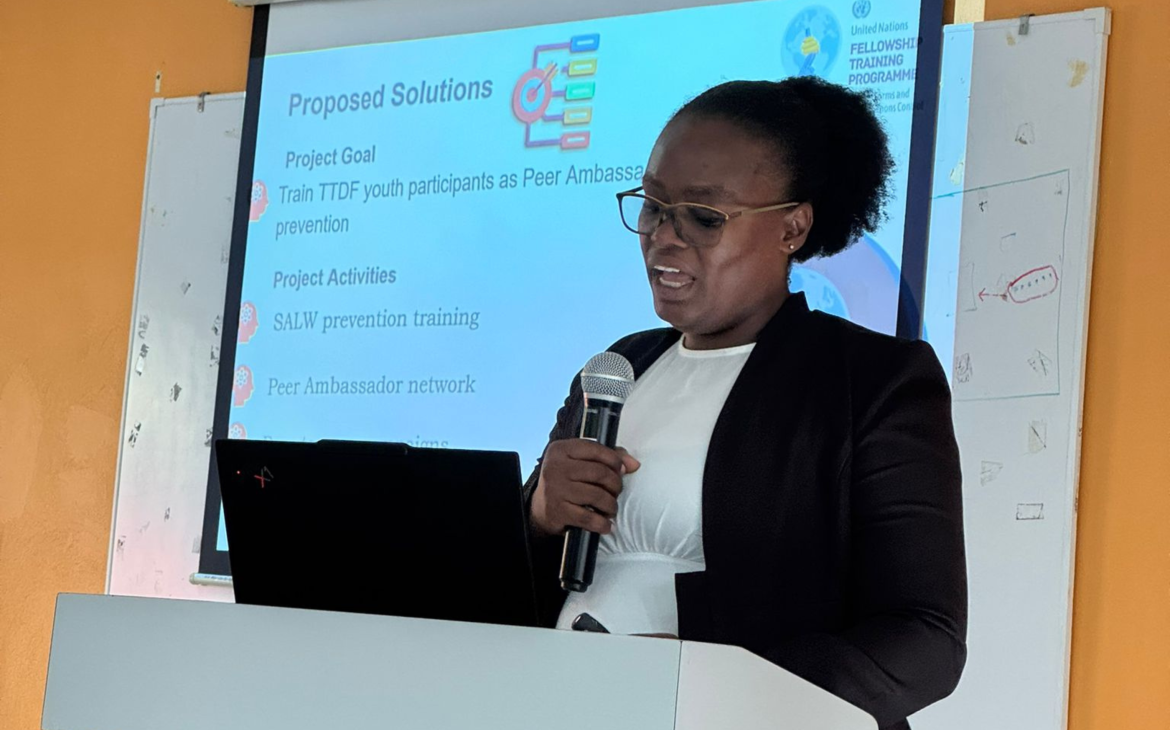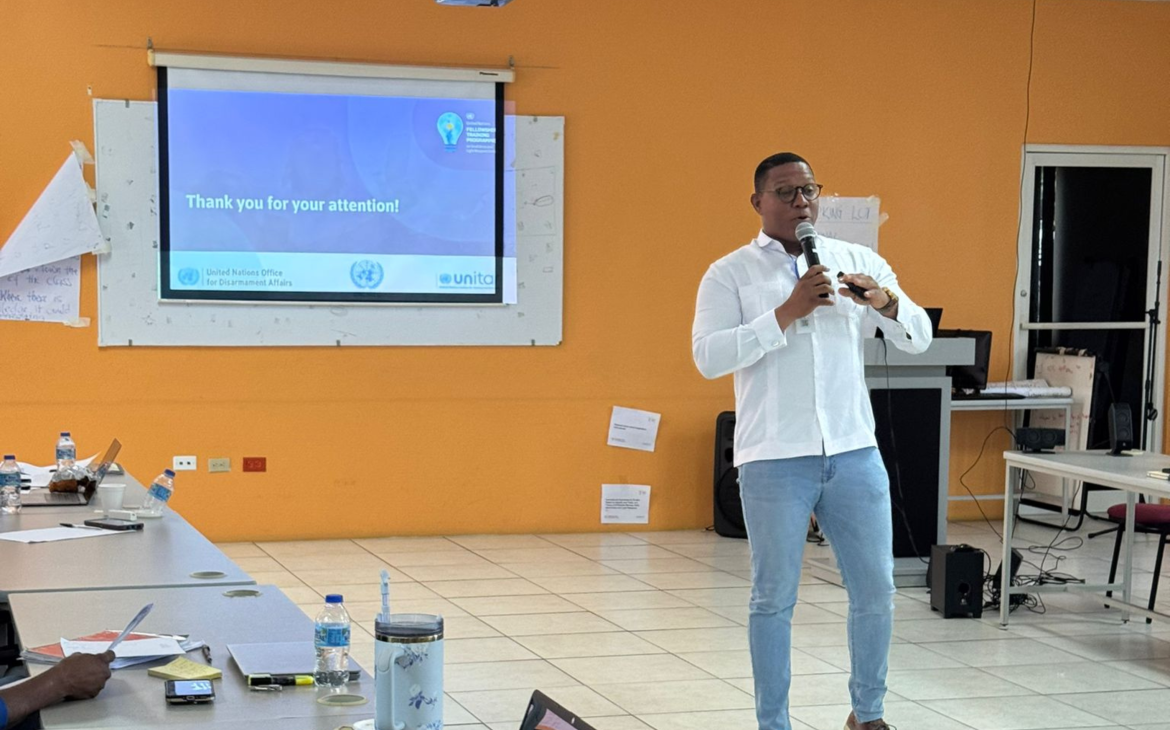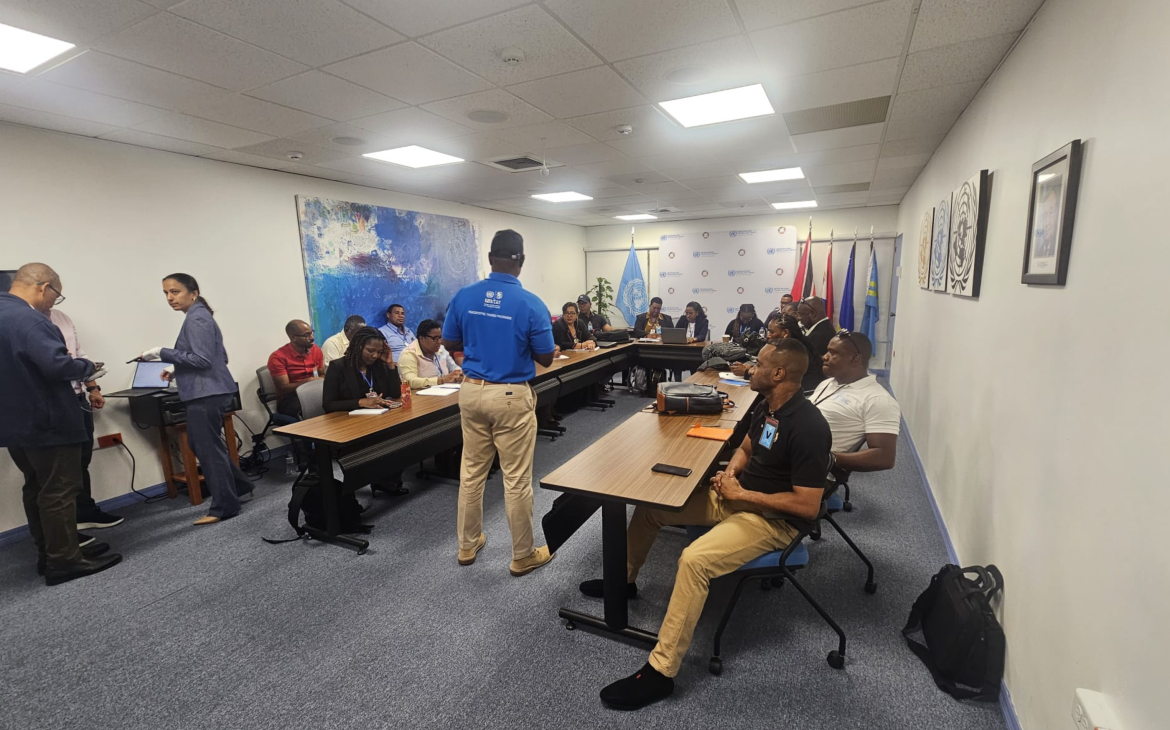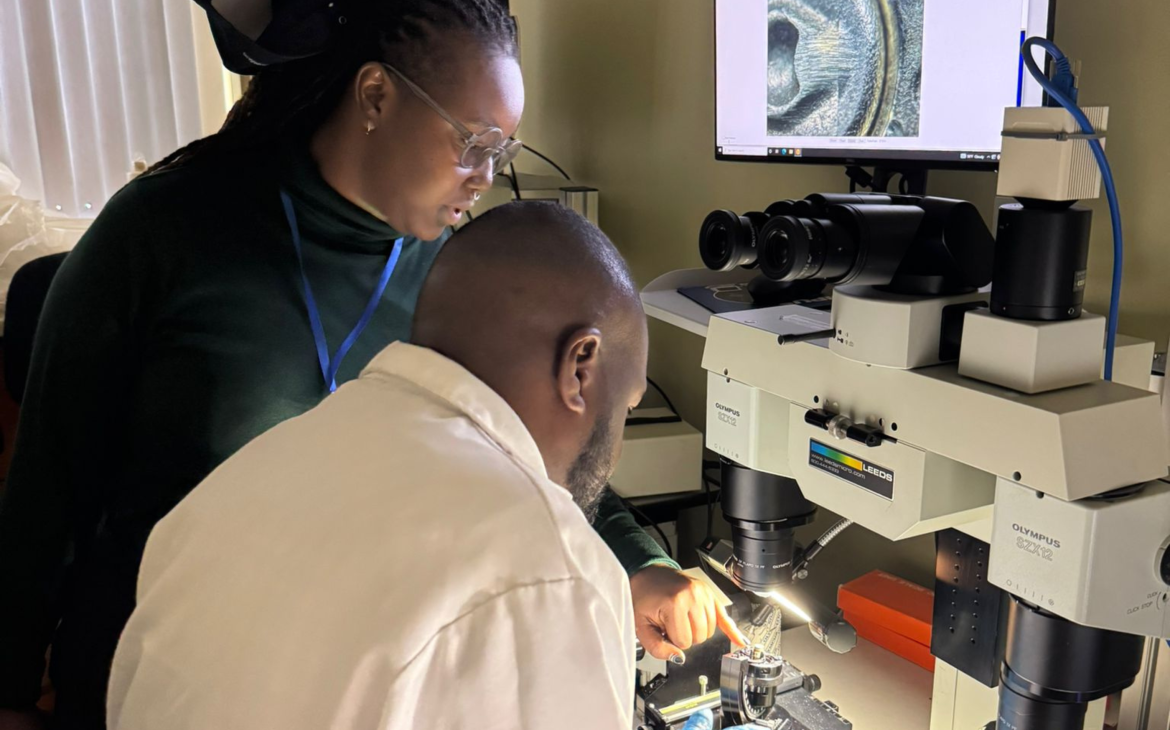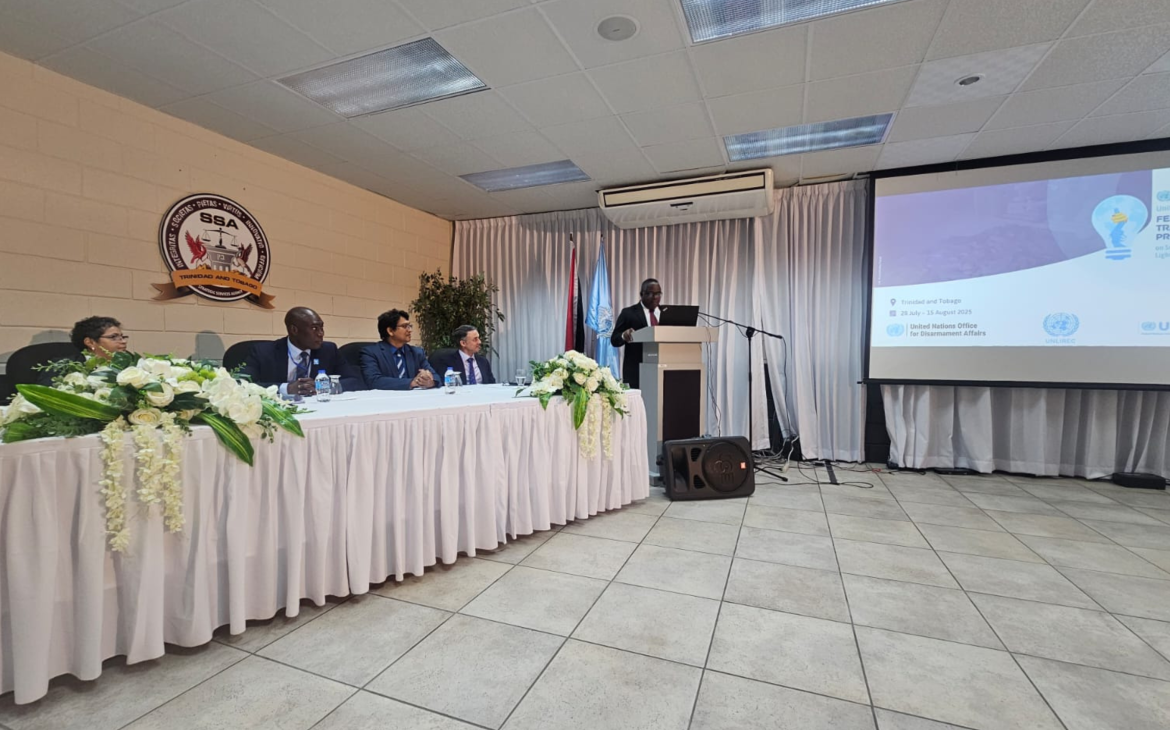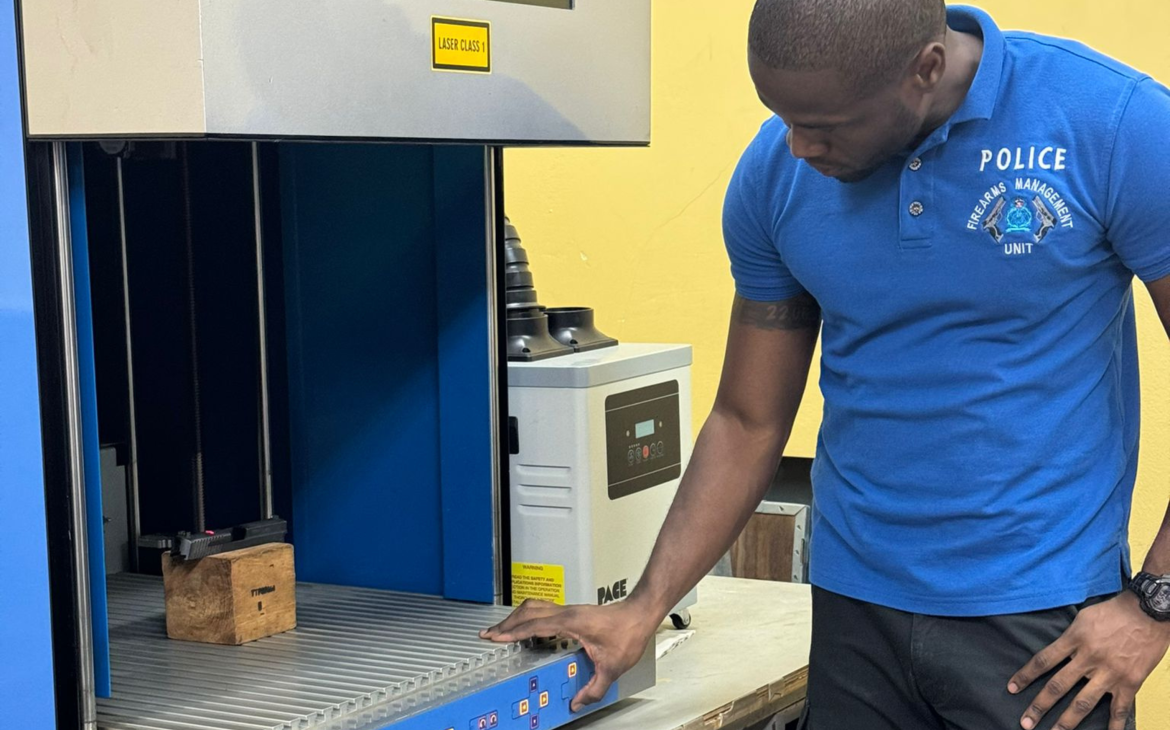The United Nations Fellowship Training Programme on Small Arms and Light Weapons control is a new initiative mandated by the United Nations General Assembly in A/77/71, and allows practitioners, from across all the regions worldwide, to strengthen their knowledge and expertise on small arms and light weapons (SALW) control through an online course and an in-person training.
This landmark initiative strengthens the technical knowledge and practical expertise of government officials directly responsible for implementing the UN Programme of Action and the International Tracing Instrument (ITI).
The Fellowship Training Programme will run four times a year involving practitioners from all regions of the world. A global foundation, tailored to each region, turning international laws and standards on small arms and light weapons into real action on the ground.
The fellowship training programme has the following overall objectives:
- Increased understanding of United Nations disarmament and arms control concepts, machinery and experiences, in particular in the context of the UN Programme of Action (PoA) and International Tracing Instrument (ITI) at the global, regional and national levels.
- Increased understanding of the importance and relevance of gender mainstreaming SALW control.
- Sharing lessons learned and implementation practices in different areas of SALW control and in-depth understanding of regional trends and dynamics related to SALW control.
- Opportunities for fellows to connect and exchange with counterparts on SALW control matters across countries and regions.
Map of our Activities
Here is a map showcasing the progress of the fellowship across regions.
Global Projects Map
Caribbean Edition
From 28 July to 15 August 2025, United Nations Office for Disarmament Affairs (UNODA), the United Nations Regional Centre for Peace, Disarmament and Development in Latin America and the Caribbean (UNLIREC) and UNITAR delivered the first-ever United Nations Fellowship Training Programme on Small Arms and Light Weapons control. Hosted in Trinidad and Tobago, the programme brought together 22 participants from 15 Caribbean countries.


